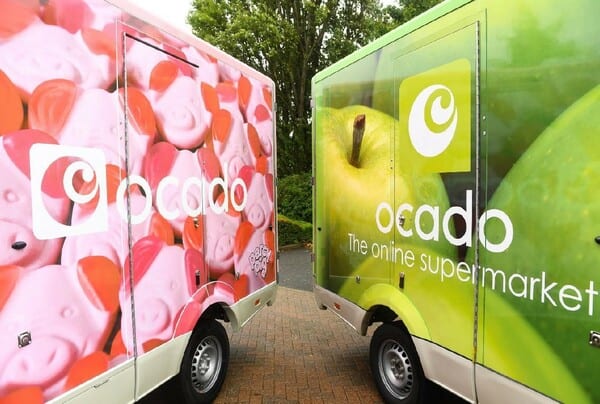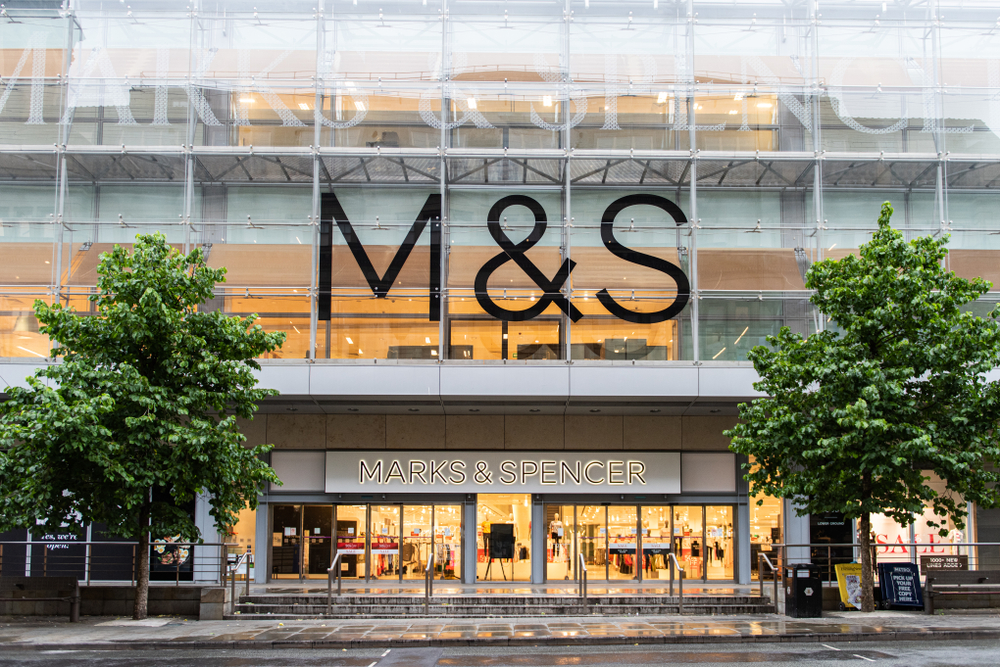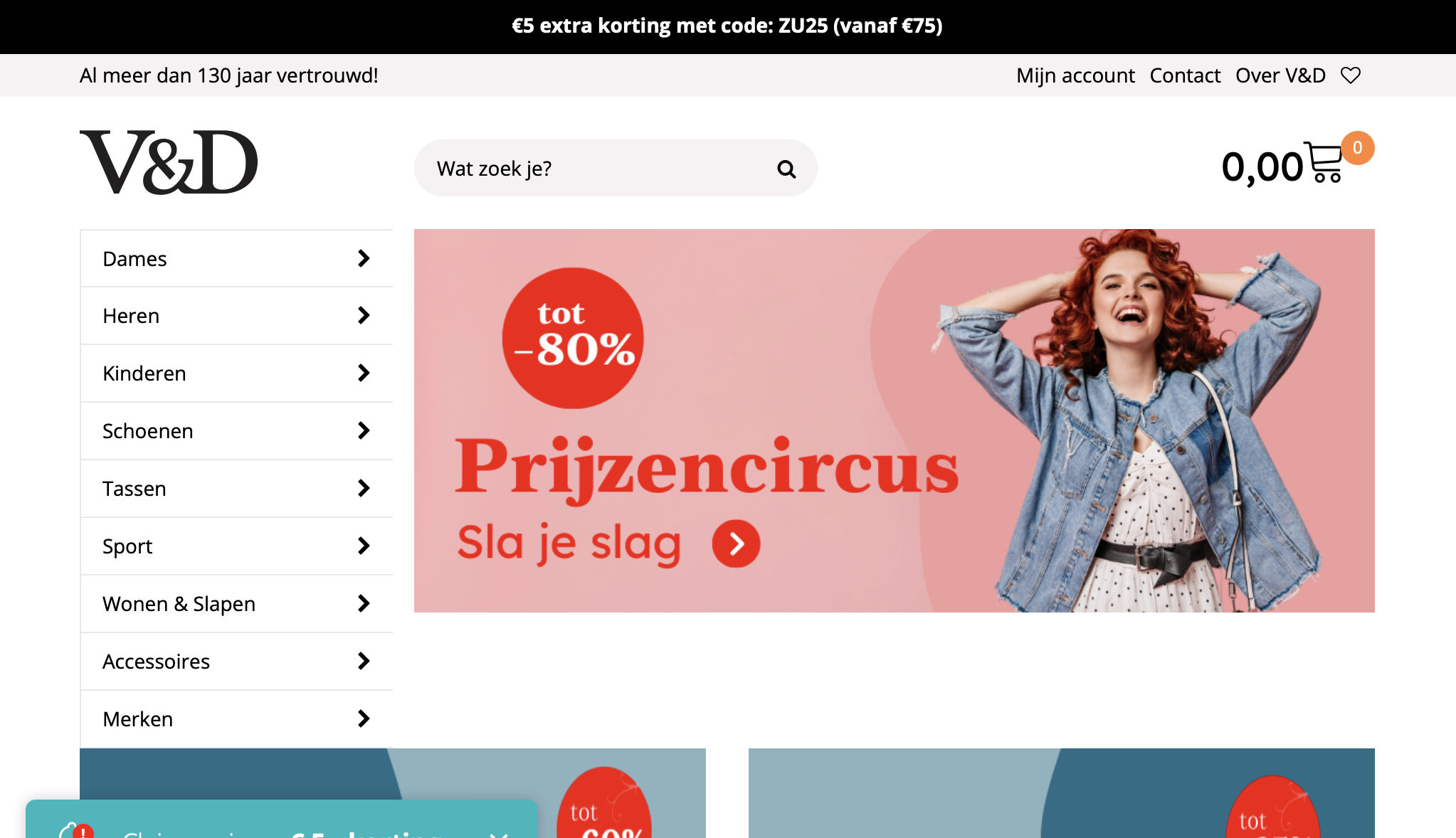Ocado says it is well placed to respond as its own customers and those of its partner retailers shift their grocery shopping further online during the Covid-19 pandemic. It says it will be able to respond as customers demand ever higher levels of service across a range of shopping missions. The online grocery and technology business today reports revenues almost a third higher than last year – and retail revenues up by 35%. But spending both to boost capacity and to invest in retail technology and robotics means that the business reports a full-year pre-tax loss of £44m.
Ocado Group chief executive Tim Steiner says: “The rapid acceleration of many pre-existing trends in business and society has been a feature of the Covid-19 crisis and the dramatic channel shift in grocery is a clear example of this. The landscape for food retailing is changing, for good. As we look ahead to a post-vaccine world and a return to a new normality, Ocado Group is very well placed to enable our grocery partners worldwide to bring the best customer experience to market, responsibly, with high levels of hygiene and superior, sustainable and proven economics.
Ocado has today reported group revenue of £2.3bn in the year to November 29 2020. That’s 32.7% higher than in the previous year.
The retailer reported group earnings before interest, tax and one-off costs of £73.1m. But costs of £104.6m, mostly connected to investment in both capacity and technology, meant that at the bottom line it reported a pre-tax loss of £44m. That’s down from a pre-tax loss of £214.5m a year earlier.
Selling groceries direct to customers
Ocado started as an online grocer, a business that is now ranked Top150 in RXUK Top500 research. In 2019 it sold half of the Ocado Retail business to Marks & Spencer, and a joint venture between the two made the first deliveries in the autumn. Today Ocado reports full-year retail sales of £2.2bn, 35.3% higher than the previous year. Top-level earnings from that business alone, came in at £148.5m in its UK retail business, 265.8% up on last time.
Growth was driven by strong customer demand during Covid-19 restrictions and meant that the business was able to spread deliveries more evenly throughout the week, moving away from the previous pattern of peaks and troughs. Volumes grew by 28.1% year-on-year and the average basket value increased by £31 to £137. The demand was for more frequent deliveries and larger basket sizes from a reduced number of active customers, as Ocado put new customer acquisition on hold during the year. By year end it had 680,000 active customers, down from 795,000 customers a year earlier. But the retailer says that it will be able serve more customers as it expands fulfilment capacity during its current financial year.
It will soon open its first mini fulfilment centre, in Bristol, while its first micro Ocado Zoom site – offering one-hour delivery – is now full, a year ahead of schedue. A second London site has been found and the company is looking for 12 more within the M25 to support Ocado Retail’s roll out plan.
Steiner says: “Going forward, customers who have experienced the benefits of online grocery shopping are likely to become ever more discerning. Winners in the online channel will need to offer the very highest standards of customer service and the ability to serve a full range of customer missions. These include the full family basket as well as the convenience shop, the option of direct to home or pick at the store the same day or next day.
“With the standard-sized CFC as an anchor, we can enable our partners to offer customers a best-in-class immediacy service alongside the geographic flexibility of mini-CFCs together with the additional tactical advantages of in-store fulfilment roll out.
Technology sales
Ocado’s technology sales to third-party retail partners also grew. In the UK – where Ocado’s customers include Morrisons – sales grew by 13.6% to £654.3m. Ocado’s take back of the Erith customer fulfilment centre (CFC) from Morrisons in the wake of the fire in its Andover CFC ran through the whole of its full financial year, and is due to expire this month. In its international business – where customers include Sobeys in Canada, Group Casino in France, and Krogers in the US – sales grew to £16.6m from £0.5m a year earlier.
Steiner says: “The uniquely flexible Ocado Smart Platform allows our partners to offer all this, supported by proprietary technology which is constantly evolving thanks to our growing capacity to innovate. We believe strongly that our platform will help our partners deliver a market‐leading service to their customers, as the very promising initial results from our partners Groupe Casino and Sobeys have shown.”
Kroger’s first customer fulfilment centre is set to go live in the first half of its current financial year, and seven of its nine partners are expected to be on the Ocado Smart Platform (OSP) by the end of the year. Ocado says that its partners have been able to replicate high levels of customers service quickly once they are on the platform. In the third quarter of 2020, for example, Sobeys reported that 98.6% of deliveries were on time, 99.6% were accurate, and it reported a net promoter score (NPS) of 87%. Groupe Casino has reported a NPS of 65% for its monoprix.fr service.
Its in-store fulfilment technology is now used by customers including Morrisons and Bon Preu to expand their capacity, and Ocado says that has had the effect of increasing online capacity by eightfold overall. Ocado Group now expects six OSP customers to be offering the service by 2025. .
As well as licensing its technology and logistics to third-party grocers, the company is also looking to licence its robotics capabilities beyond the the sector. During the year, Ocado Technology hired 500 new staff and is currently hiring up to 600 more, with 40% in advanced technology areas such as perception and handling robotics.
Brexit
The post-Brexit free trade agreement was signed after Ocado’s year-end. The company says that the deal has mitigated many of the main risks of Brexit for the business. But it adds: “The impact of this agreement will continue to be monitored and managed, including risks to the supply chain. The group has created buffers of certain critical ambient and frozen products and engineering spare parts until there is confidence that the supply chain risk has subsided; however it is not possible to do this for fresh and short‐life perishables.”









